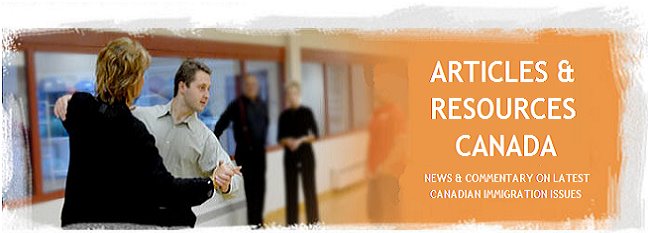The incumbent Prime Minister Stephen Harper's Conservative Party has returned to power in Canada’s elections but will face another minority parliament after being denied a majority by Quebec separatists.
The results of country's 40th general election showed that the Conservative Party has strengthened lead everywhere except Quebec. The Conservatives won 143 seats in the House of Commons, up from 127 in 2006, while the Liberals won 76, a drop of 19 seats from the party's standing at dissolution. Bloc Québécois candidates were elected in 50 ridings, while NDP candidates were holding 37 seats, a gain of seven seats over the last election. Two Independents also held on to their seats.
The Conservative Party was in need of 155 seats in the 308-seat House of Commons to wield majority rule.
Before dissolution, Stephen Harper’s Conservatives were also in minority so faced a lot of resistance to their amendments to the Immigration Act this spring. However, this time Conservatives have returned to power with a stronger, broadly based minority, facing a weakened opposition leader and ready to address issues more easily and more quickly.
In the aftermath of his second-straight minority government, Prime Minister Stephen Harper will now finally put their party’s sponsored immigration priorities into practice (which are, as yet unknown to the public), and all those Federal Skilled Workers whose applications have been accepted provisionally by the department of Citizenship and Immigration Canada (CIC) since February 27th, will finally know their fate.
According to the Conservative’s immigration plans, Federal Skilled Worker applicants will now be selected based on whether their occupations are on CIC’s recently established list of qualifying occupations. Applicants whose occupations will be on this list and who will be securing minimum required points (under the Federal Skilled Worker category) will be qualified for permanent resident visa. Those, whose occupations will not be on the list, will either put into waiting list or receive their applications back with full refund, however, they will not be considered refused. These applicants, therefore, could re-apply or apply for a provincial nomination, if they can qualify.
According to Canada’s immigration agency, this list of qualifying occupations will not be made pubic until November this year.
The Conservatives have also pledged to work with provinces and territories to ensure greater standardization of workplace and professional credentials across the country and standards for assessment of foreign credentials, to place foreign credential on agenda of next meeting of First Ministers, and to make immigration consulting a regulated activity.
More from the results of Tuesday’s election shows that eight candidates from South Asian origin, including seven sitting MPs have been elected. Deepak Obhrai, Ruby Dhalla and Gurbax Singh Malhi, besides Navdeep Bains, Ujjal Dosanjh, Nina Grewal and Ratan Singh are the members who have been re-elected. Tim Uppal, won from Alberta, will join for the first time the other MPs from South Asian origin. Two sitting candidates from South Asian origin, Wajid Khan and Rahim Jaffer, lost their seats. In 2006, ten MPs were elected to the Parliament from South Asian origin compared with three Arabs and five Chinese.
Canadians have also elected a record number of women that is 68, up from 66 in 2006. All the party leaders, Stephen Harper, Stephane Dion, Jack Layton and Gilles Duceppe, won their seats except Elizabeth May of Green Party who lost her seat. Voter turnout hovered around 59 per cent, appearing to be the lowest in the history of Confederation.
Thursday, October 16, 2008
Stephen Harper’s Conservatives returned to power with a stronger, broadly-based minority and ready to implement immigration changes
Posted by
Salman Hussain
at
3:54 AM
![]()
Labels: canadian immigration, elections, immigration policies, legislation, visible minority
